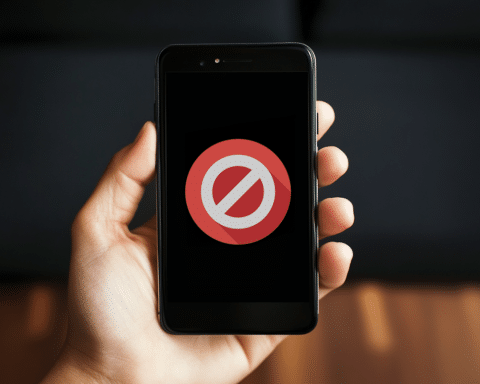Google has unveiled its latest Pixel 9 phones ahead of schedule, positioning itself ahead of Apple’s upcoming iPhone launch in the competitive race to integrate more advanced artificial intelligence (AI) services into smartphones. The event, held near Google’s Mountain View, California headquarters, marked a significant shift in Google’s strategy, as the Pixel 9 lineup was introduced two months earlier than previous models.
Despite the Pixel phones’ modest market share, they remain influential as Google’s platform for showcasing the latest Android advancements. The Pixel 9 phones are no exception, with a strong focus on AI technology designed to enhance productivity and simplify daily tasks. This move aligns with Google’s broader vision of AI integration into everyday life, a concept the company has been pushing since the release of last year’s model.
The new Pixel 9 phones feature Google’s Gemini AI assistant, which offers conversational capabilities with a range of ten human-like voices. This assistant can perform various tasks, especially when granted access to users’ emails and documents, making it a direct competitor to Apple’s Siri. The Pixel 9 is also equipped with a special chip designed to handle AI-powered services on the device, bolstering personal privacy and security by reducing reliance on remote data centers.
In live demonstrations, the Gemini assistant showcased its potential by generating creative ideas for using invisible ink. However, it also revealed areas for improvement, such as identifying local concert dates for singer Sabrina Carpenter from a poster image, initially failing but eventually providing the correct information. This highlights the ongoing development and refinement of AI capabilities.
A standout feature of the Pixel 9 lineup is the “Magic Editor,” an AI tool capable of transforming photos by adding elements or altering backgrounds seamlessly. This feature underscores Google’s commitment to integrating advanced AI functionalities into its devices, enhancing user experiences through innovative technology.
The Gemini Assistant’s advanced features will require a $20 monthly subscription, which will be free for one year for Pixel 9 buyers. This $240 benefit aims to attract users to the new technology, setting a competitive benchmark that may influence Apple’s pricing strategy for its AI services.
The Pixel 9 pricing starts at $800, reflecting a $100 increase from the previous model. The Pixel 9 Pro ranges from $1,000 to $1,100, depending on the size, while the foldable Pixel phone introduced last year is priced at $1,800. These new devices indicate Google’s commitment to offering a variety of high-end options in the smartphone market.
In addition to the phones, Google announced updates to other products, including the next Pixel Watch and wireless earbuds, directly challenging several popular Apple products. This broader product lineup signals Google’s intention to maintain its competitive edge across multiple tech categories.
The launch event also occurred against the backdrop of significant legal challenges for Google. A recent court ruling declared Google’s dominant search engine an illegal monopoly, potentially leading to measures that could impact its business operations. Despite this, Google’s latest product announcements suggest that the company is determined to continue its innovation and market presence.
As Google and Apple gear up for a head-to-head AI showdown, the early release of the Pixel 9 phones underscores the escalating competition in the tech industry. With both companies striving to integrate more sophisticated AI into their devices, consumers can expect a new wave of innovative features designed to enhance their digital lives.




